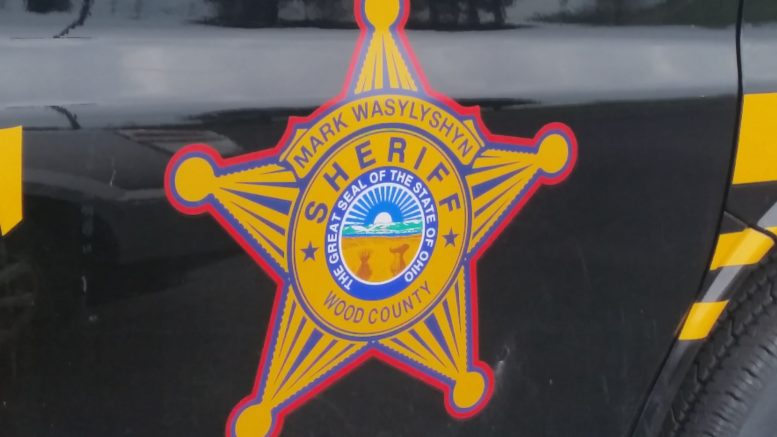(Submitted by Wood County Sheriff’s Office)
Wood County Sheriff Mark Wasylyshyn is reminding all drivers that November is the month with the highest number of vehicle-deer crashes in Wood County. October and December are the second and third highest.
- In 2016, the sheriff’s office handled a total of 212 vehicle-deer crashes. Fifty-three of those occurred in November.
- In October of this year, the sheriff’s office has handled 35 vehicle-deer crashes.
- To date this year, the sheriff’s office has handled 163 vehicle-deer crashes.
The numbers above are only the crashes handled by the sheriff’s office and do not include crashes handled by other law enforcement agencies in the county.
According to the Insurance Forum Institute, the average cost per insurance claim for collision damage is $2,800 with costs varying depending on the type of vehicle and severity of damage. When auto claims involving bodily injury are factored in, the average rises to $10,000.
The following are defensive driving tips to avoid hitting a deer:
- Be especially attentive from sunset to midnight and during the hours shortly before and after sunrise. These are the highest risk times for vehicle-deer collisions.
- Drive with caution when moving through deer-crossing zones, in areas known to have a large deer population and in areas where roads divide agricultural fields from forestland. Deer seldom run alone. When you see one deer, others are very likely to be nearby.
- When driving at night, use high beam headlights when there is no oncoming traffic. The high beams will better illuminate the eyes of deer on or near the roadway.
- Brake firmly when you notice a deer in or near your path. Stay in your lane. Many serious crashes occur when drivers swerve to avoid a deer and hit another vehicle or lose control of their vehicles and go into a ditch, or hit poles or trees.
- Always wear your safety belt. Many people injured in car-deer crashes were not wearing their seat belts.
- Do not rely on devices such as deer whistles, deer fences and reflectors to deter deer. These devices have not been proven to reduce vehicle-deer collisions.
If your vehicle strikes a deer, do not touch the animal. A frightened and wounded deer can hurt you. The best procedure, if possible, is to get your vehicle off the road and call 911.
Contact your insurance agent or company representative to report any damage to your car. Collision with an animal is covered under the comprehensive portion of your auto insurance policy and does not go against your driving record.

